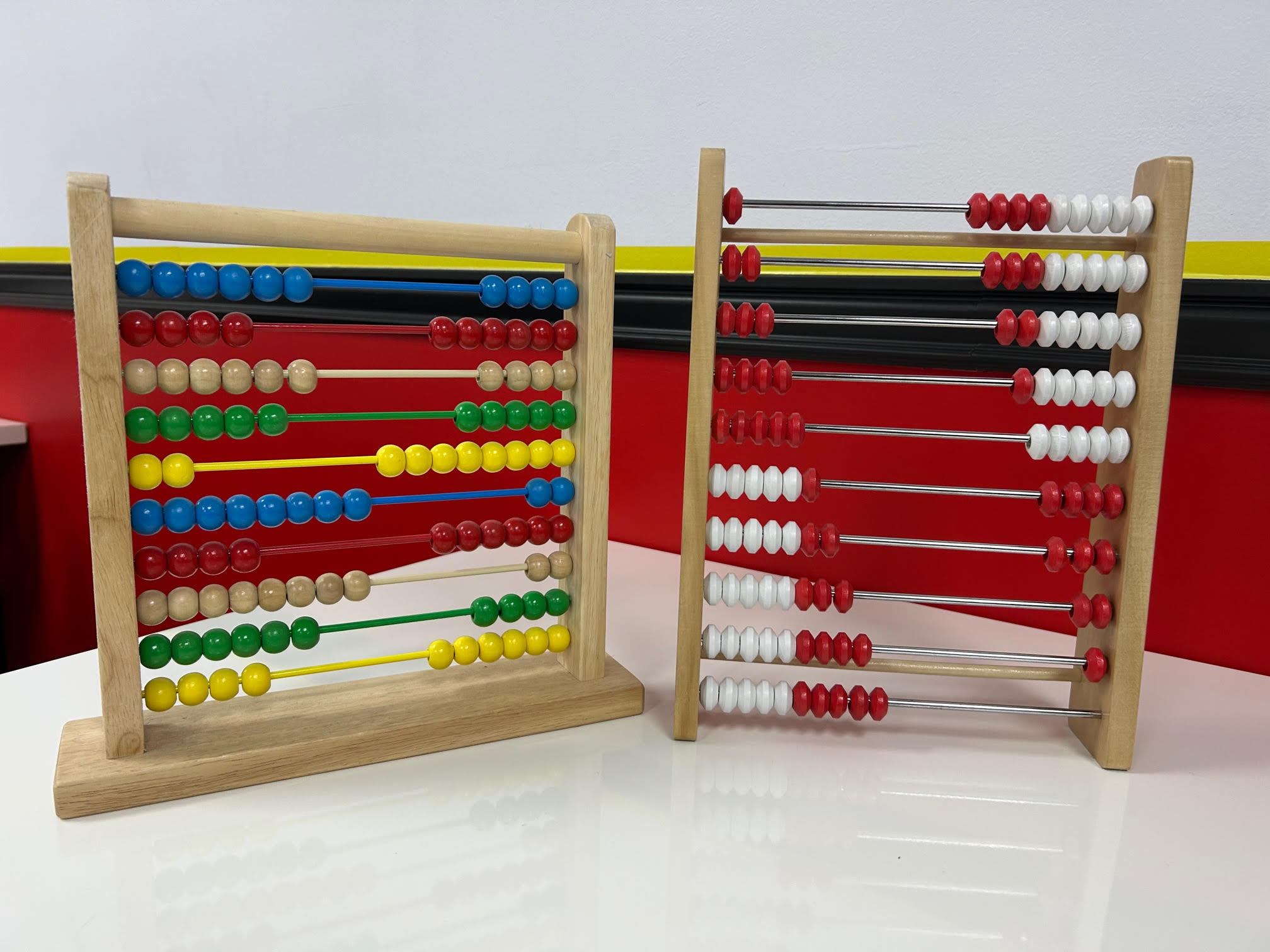As adults, we have been counting most of our lives and so it seems pretty easy. I mean, how difficult is it to go 1, 2, 3, . . . . etc.? Or even 3, 6, 9, 12, . . . .?
Counting requires more than rote memorization. Many parents don’t realize just how difficult counting is and how important it is for a child to master the more advanced counting concepts. Counting requires a child to understand the relationship from one number to the next. Counting skills develop in a predictable manner.
Preschool and Kindergarten
Young children start with the +1 counting relationship, meaning each number is one more than the previous number. The number the child ends on is the total. It requires the child to understand one to one correspondence. Common mistakes include assigning two objects one number, or not saying a number for each object. You can see examples of this stage of development on these videos. https://www.youtube.com/watch?v=HxyFAxB7vKU and https://www.youtube.com/watch?v=eglEhtWnTIs. After children master 1 to 1 correspondence they may still have difficulty starting from numbers other than 1. You can view this stage on this video at 0:53 seconds https://www.youtube.com/watch?v=HKe5E3bTS_Q
Most kids who finish kindergarten in the U.S. can count objects from 1 to 20. Read 9 Tips for Helping Your Children Make Sense of Math to learn why kids in China and Korea can count much higher at earlier ages.
Early Elementary School
Unlike kindergarteners, 1st graders must be able to start counting from any positive integer. That allows them to do addition and subtraction quicker and with fewer errors. 1st, 2nd and 3rd graders learn skip-counting. Skip counting can be forwards and backwards by whole numbers. In other words the relationship from one number to the next could be defined as +2 (2, 4, 6, 8 …), or +8 (0, 8, 16, 24,…), or -2 (…8,6,4,2,0), or any whole number. Skip counting sets the stage for multiplication and division.
More Advanced Counting
Children in grades 4 and up learn to count forwards and backwards by certain fractions (1/4, ½, ¾, 1…) and decimals (.25, .5, .75. 1). Negative number counting is introduced in 6th grade requiring children to understand the concept of less than zero. This concept should be a prerequisite before getting a credit card or a cell phone!
Counting is Fundamental
Solid counting skills are needed to succeed in math. If your child is experiencing difficulty in math, it might stem from poor counting skills.
At Mathnasium of Littleton, every child gets the tools they need to succeed. Our no obligation, diagnostic assessment includes counting and other fundamental math skills. Give us a call today and schedule your child's assessment. (303) 979-9077












